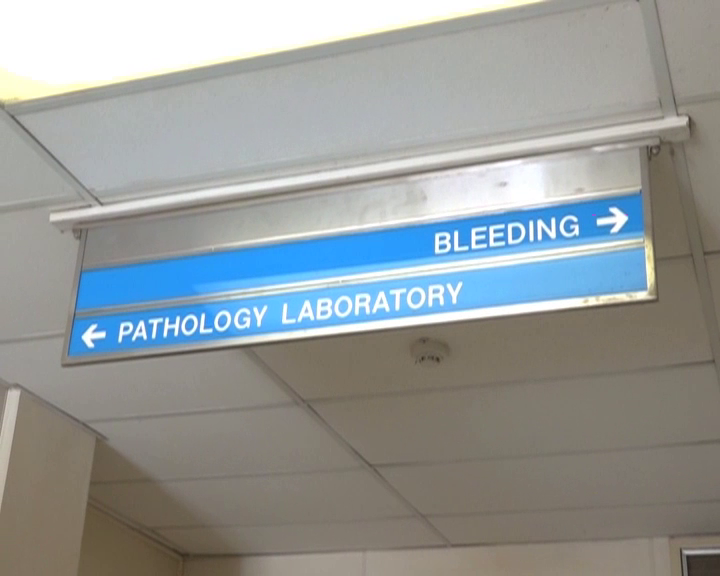By Vasinatta Yama – EMTV News, Ht Hagen
In any hospital, the pathology department is the most expensive section to run. In Western Highlands Province, Mt Hagen General Hospital Pathology Manager, Dr Zure Kombati, says consistent funding needs to be provided by the National Health Department (NDoH) to run laboratory tests and such to detect sicknesses and diseases. This comes after Goroka General Hospital recently experienced deaths allegedly linked to a bacteria outbreak.
The Mt Hagen General hospital has been running short of medical consumables and drugs for the last two years. Funding from the National Government through the National Health Department has not been reaching the hospital on time, forcing the management to dip into their operational budgets.
“I am not seeing a positive feedback coming from the department, they have made some vague commitments,” stated Dr Jonah Kurubi, Mt Hagen General Hospital Director Medical Service.
In the pathology department alone, at least K40, 000 will be needed in the span of three months, just to buy reagents to do kidney and liver tests.
It is evident that they could no longer do typhoid tests, instead rely on symptoms presented by patients. Most of the tests are very expensive, calling for the need of continuous funding from NDoH.
Most of the equipment in the hospital’s pathology lab is similar to those at the Port Moresby General Hospital, which does specific tests for cancer, heart, liver and kidney problems, apart from the routine tests. Specialist Doctor, Zure Kombati, says those machines need to be maintained and funding needs to be available so that patients do not die from curable diseases.
“The department should fund and continue support, the procurement of drugs and consumables, laboratory tests, reagents, x-ray films, stuff like that. When you have other investigations to be done its more expensive…if we cannot provide the services then the patients suffer.”
Another issue that was also highlighted was the need for microbiology services so that hospitals can detect bacteria and viruses to alert the hospital and prevent bacteria from spreading.


